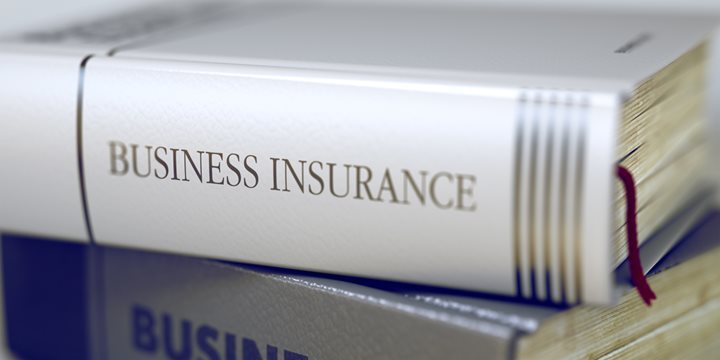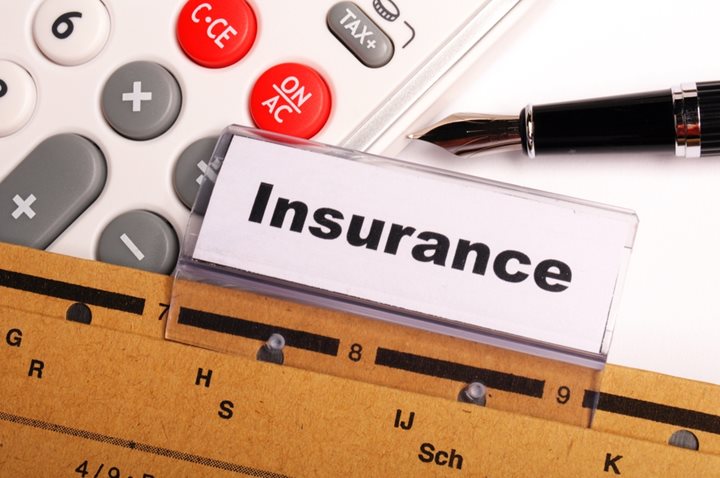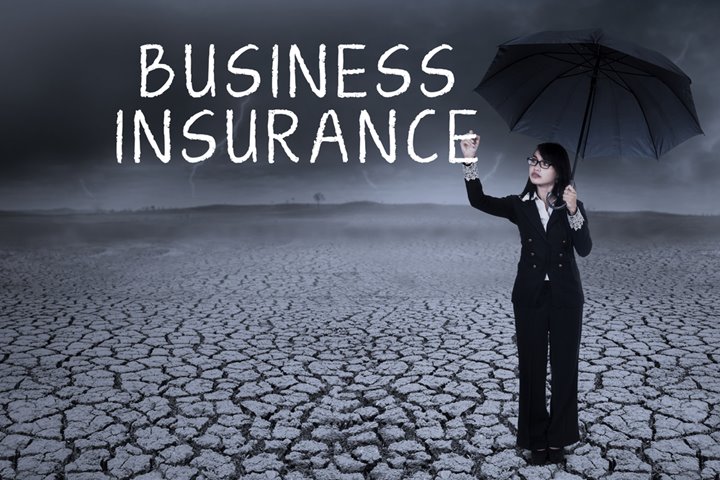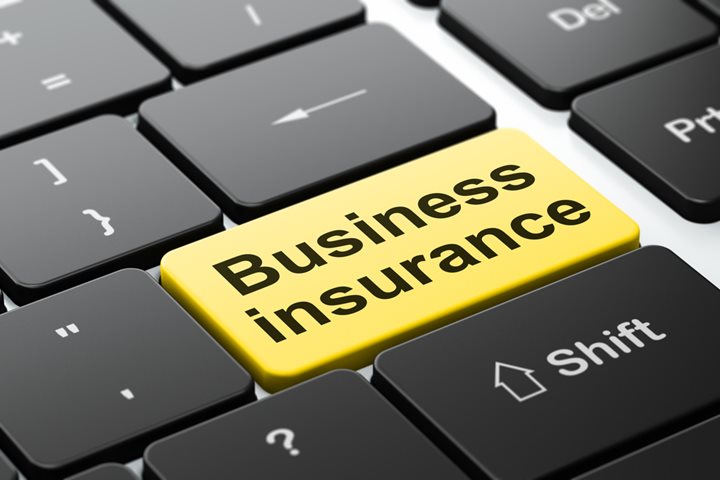Business insurance is a type of coverage that provides financial protection against unexpected events that could cost your company money. Most businesses are required to hold a basic insurance policy by law.
Business insurance works just like a homeowners or auto insurance policy. Your potential business insurance company assesses your risk and assigns you a premium. When you sign the policy, you pay your premium, and then you have a deductible on top of that. Business insurance plans can cover everything from property damage and lawsuits to injuries caused by a product.
Basic Types of Business Insurance
There are dozens of types of business insurance plans. Some are for very specific types of businesses while others are more general. The most common type of business insurance is general liability insurance. General liability insurance covers expenses related to accidents, negligence, or claims of slander among other things. It covers legal fees and court settlements. Most businesses are required to hold general liability coverage.
Product liability insurance is similar and covers the cost of damages or injuries caused by defective products sold to customers. Professional liability insurance covers damages or injuries that result from negligent service or malpractice by someone working for the business.
Other Types of Business Insurance
Commercial property insurance is popular for businesses that own a storefront or office. This insurance can pay for repairs or relocation if the property is destroyed or damaged. Property insurance often covers equipment like computers and copiers that are inside as well. Businesses in an area with a high-flood risk would also carry a flood insurance policy. Commercial auto insurance is common for companies that have a fleet of vehicles that need to be protected financially. Home-based business insurance can cover losses to smaller businesses that are run out of a residence instead of a commercial property.
Policy Differences
Business insurance policies vary greatly depending on your needs, your type of business, the risk involved, and the business insurance company that you contract with. Some commercial property insurance policies, for example, will cover the cost of inventory lost during a fire. Some policies include business interruption coverage that can pay for operating expenses while the company recovers from an emergency. Business insurance plans can usually be tailored to any situation and need.
The Cost of Business Insurance
There is no single uniform cost for business insurance. The cost of a policy depends on the amount of coverage, the policy details, the nature of the business and the amount of risk that a claim will eventually be made. Small retail businesses can sometimes get a general liability policy for a few hundred dollars a year. Alternately, businesses taking higher risks like demolition companies might need to pay tens of thousands of dollars annually to hold insurance. Insurance rates vary by industry and by location as well.
Factors That Can Reduce Business Insurance Rates
Getting the lowest business insurance rates is a result of reducing risk. You can lower rates by instituting formalized safety training programs for employees. Rates could go down if you install modern security systems around a building. Implementing initiatives to make a healthier workplace could lower premiums. Finally, worker and company classification can make a difference with liability insurance. Employees and businesses are sometimes classified incorrectly. This can increase your rates for no reason, so be mindful of any discrepancies.
When you’re purchasing business insurance, you should shop around. Don’t just talk to one business insurance company! When you talk to more than one agency, you’re more likely to find the best policy for your needs.
Photo: Depositphotos/©tashatuvango









